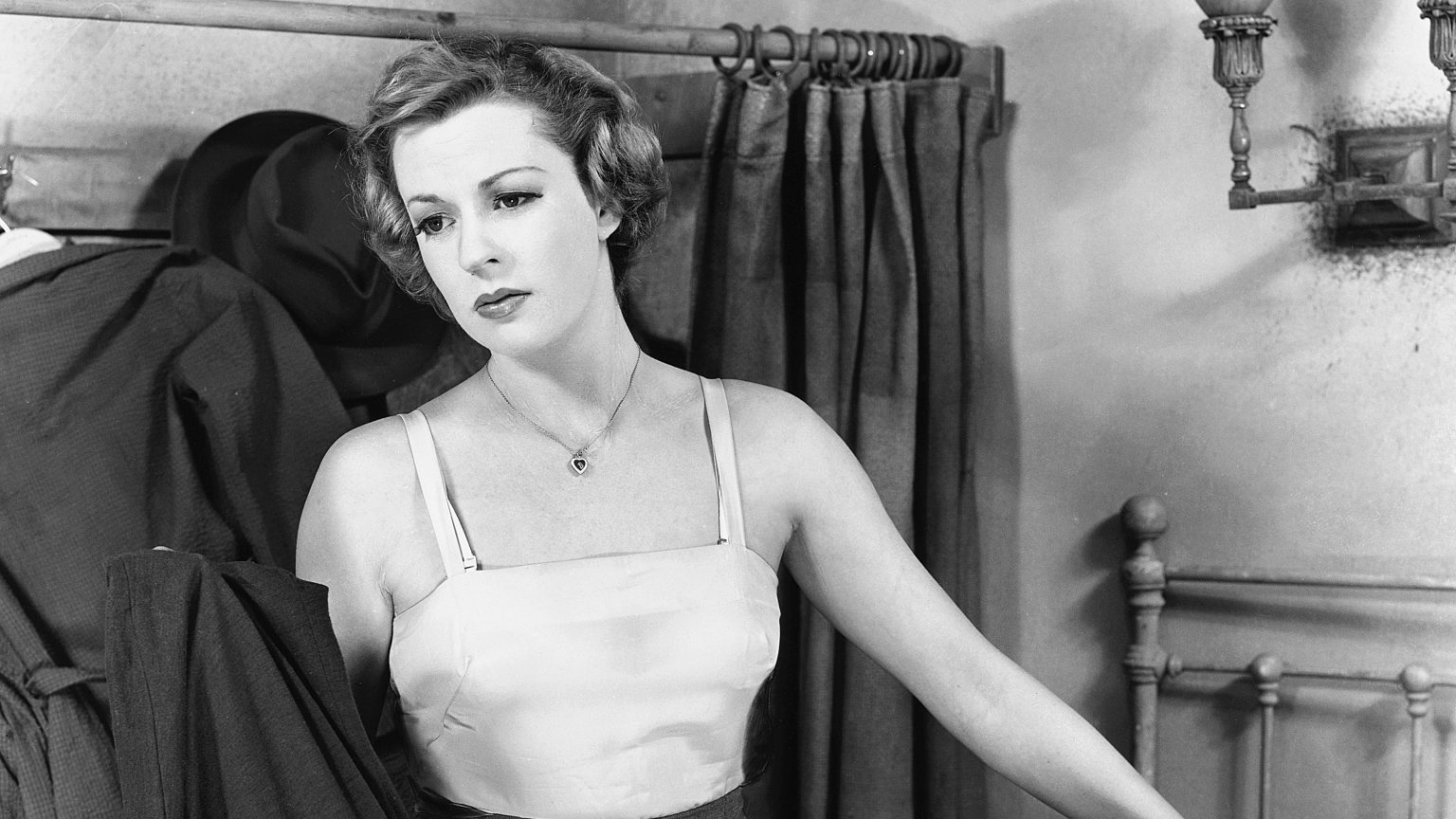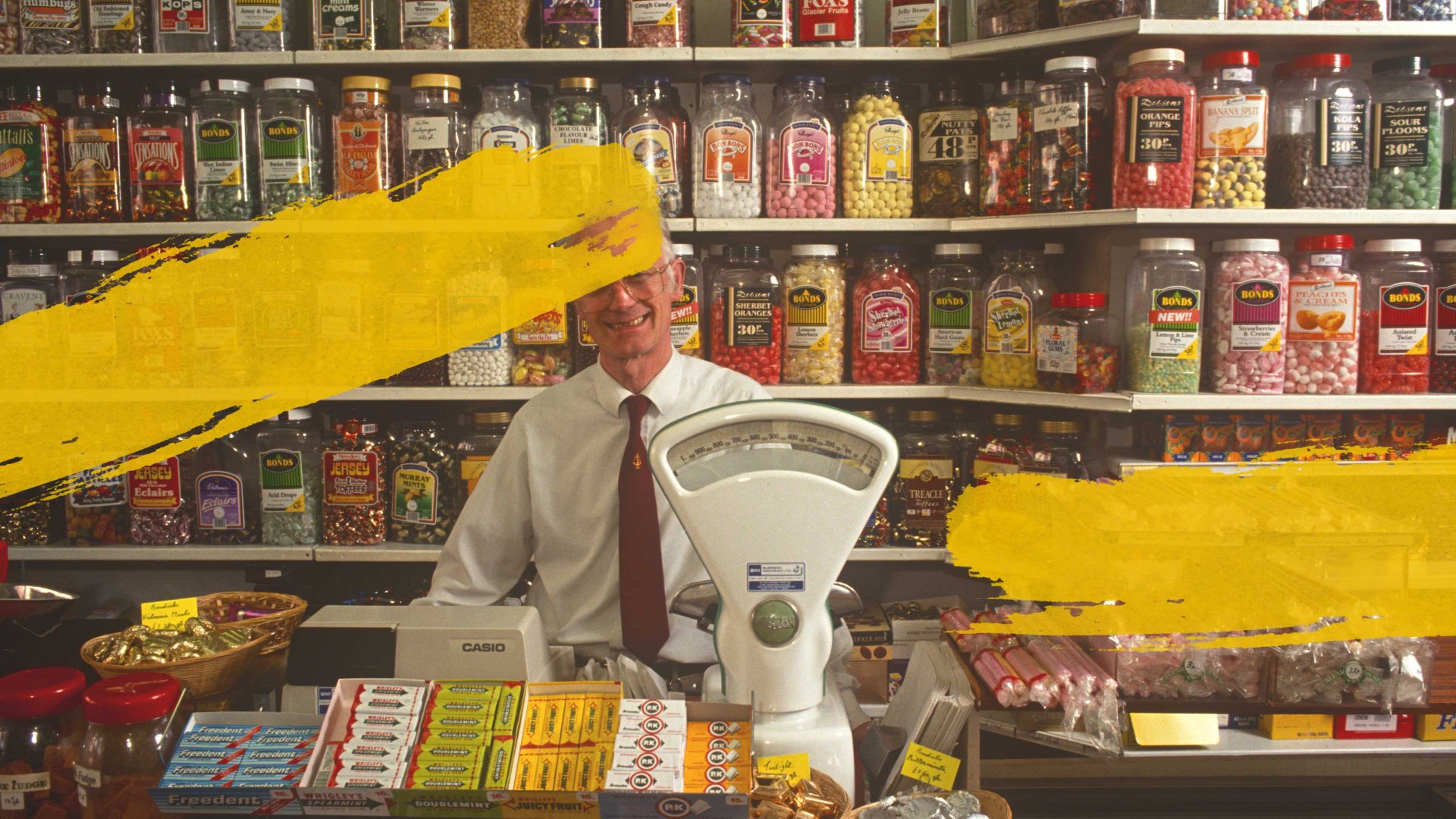Uta Hagen was one of the 20th century’s greatest drama coaches but the worst thing you could ever ask her was how acting worked. “I usually reply that it is none of your business,” she said in 1998. “Everyone thinks they can act – and that shows a lack of respect. No one asks an instrumentalist why he has tension in his wrist or how he holds his bow, or a painter how he makes the paper wet.”
Between the opening of the HB Studios stage school with her husband Herbert Berghof in New York in 1947 and her death in 2004, Hagen established herself as one of the best – and most demanding – acting coaches in the business. A string of household names passed through her classes, from Robert de Niro to Whoopi Goldberg, Matthew Broderick to Prunella Scales, not to mention the hundreds of young hopefuls who might not have seen their names in lights on Broadway but in whom Hagen saw more than enough potential to justify her time and expertise.
Most of all she recognised in the students she took on not just their natural ability but their respect for the craft, respect for the audience and a commitment to the sheer hard work required to become a successful actor. The profession was, as far as she was concerned, a lifelong commitment to be constantly worked at, not something to be treated as a hobby or a mere indulgence.
“There was a time when people became bored and took up bridge or golf; ladies had an affair or had their hair rinsed and joined a book club,” she said in 1996. “Now they want to act and there are fools with no standards who allow them into classes and theatre groups and tell them to live their dream. I do not care about dreams. I care about work and responsibility and truth and commitment. It is not a pastime, it is not something to get you through a bad time and it is not something that should be taught to everyone with a dream. Respect what is an art.”
Authenticity was crucial. Nothing riled her more than the affectation and pretension she witnessed too often among aspiring performers.
“When I spot an actor being all actor-y and phoney in a crowd,” she said, “I think ‘If they’re not real in life, how can they be real on stage?’”
As well as the rigorous excellence of her tutoring, students were drawn to Hagen by her own extraordinary track record on the stage, and Broadway in particular. HB Studios alumnus Jack Lemmon once wondered aloud: “Lord knows what exalted position she might have attained had she chosen to concentrate on her own acting career”.
By her own admission Hagen loved to act “more than anything” but such was her commitment to authenticity and respect for the art she would only take on roles she believed were absolutely right, both for her and the audience. Asked in 1979 why she had been away from the Broadway stage for 11 years before returning as Goethe’s eponymous lover in Charlotte by Peter Hacks, she explained, “Honest to God, I haven’t liked anything I’ve been offered… Have you seen anything I should have been in? I want to do classy things, not junk”.
Her addiction to the intensity of live performance meant she eschewed the screen for most of her career. A 1950s Hollywood blacklisting for refusing to cooperate with the House Un-American Activities Committee also kept her from appearing in front of the cameras, but while similar bans ruined the careers of some actors, Hagen’s devotion to the stage lessened the potential damage to her own.
There were a handful of ventures into film and television – an episode of Lou Grant here, an interrogation as a suspected Nazi sympathiser by Laurence Olivier in The Boys from Brazil there – but she lived for the theatre and was addicted to forging a nightly bond between audience and performers, breaking down the barrier between script and stalls to draw out the common humanity that existed between them.
“To bring to an audience the revelation of the failings and aspirations, the dreams and desires, the negative and positive aspects of human beings: this is what we should set as our goal as committed theatre artists,” she said.
While she became one of the most highly respected names in the history of US theatre and specialised in works by contemporary American dramatists, Hagen brought a European sensibility to Broadway and her actors’ studio. Born amid the ruins of the first world war in Göttingen, she was named after a famously beautiful statue in Naumberg Cathedral. Her mother was an operatic soprano and her father a professor of art history who moved the family to Madison, Wisconsin, for a university post there when Uta was seven years old.
Shortly before the Hagens left Germany, Uta had been enchanted by seeing Elisabeth Bergner play Shaw’s Saint Joan in Berlin, a performance that sparked a flame of theatrical ambition in the wide-eyed young girl in the audience that burned ever stronger with the passing years.
After studying in Wisconsin and briefly at Rada in London, in 1937 Hagen wrote to the actor-manager Eva La Gallienne asking to audition for the part of Ophelia in a touring production of Hamlet. Despite being initially unimpressed, La Gallienne “sensed in her an inner truth that very occasionally filtered through in a word or a look”, and after giving Hagen time to think deeply about the role asked her to try again.
“The improvement was startling,” La Gallienne said. “The truth that had glimmered so faintly in the first reading now blazed up strongly.”
Hagen won the part and spent the rest of her life nurturing that truth, in herself and in the hundreds of students who passed through her classrooms. When she did take to the stage, the results were usually sensational.
Her Broadway breakthrough role came in 1949 when she replaced Jessica Tandy as Blanche DuBois in A Streetcar Named Desire to huge acclaim, but her defining part was Martha in the first Broadway run of Edward Albee’s Who’s Afraid of Virginia Woolf? in 1962. According to one critic, Hagen “made the tormented harridan horrifyingly believable” in a performance that won her a Tony award for best actress and is still regarded as one of the greatest in the history of New York theatre, but accolades never truly interested her. Hagen lived solely for acting, the electricity she felt between herself and the audience, that suspension of time and the exclusion of the world outside for the duration of a play in which she would build a world in order to reflect the world.
“I would do 12 shows a week if that were allowed,” she said at the age of 78. “I don’t care if I act on a street corner. I have said many times that I hope I die on stage but William Carden, who directed me in Mrs Klein, made me change my mind when he said: ‘Uta, at least wait until after the curtain calls’.”




